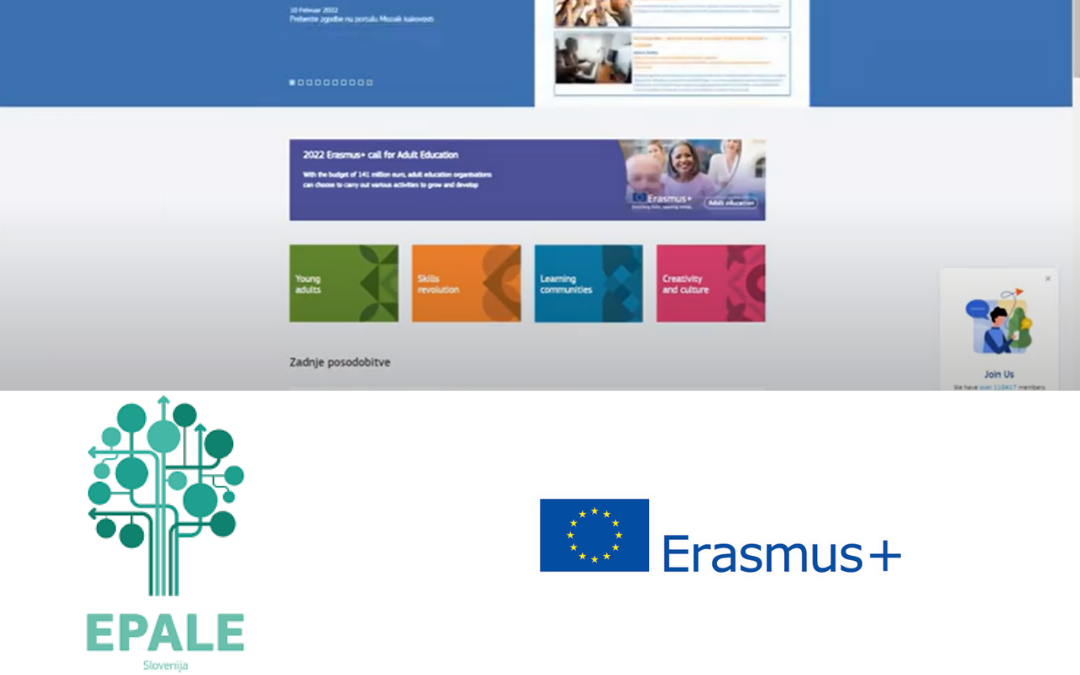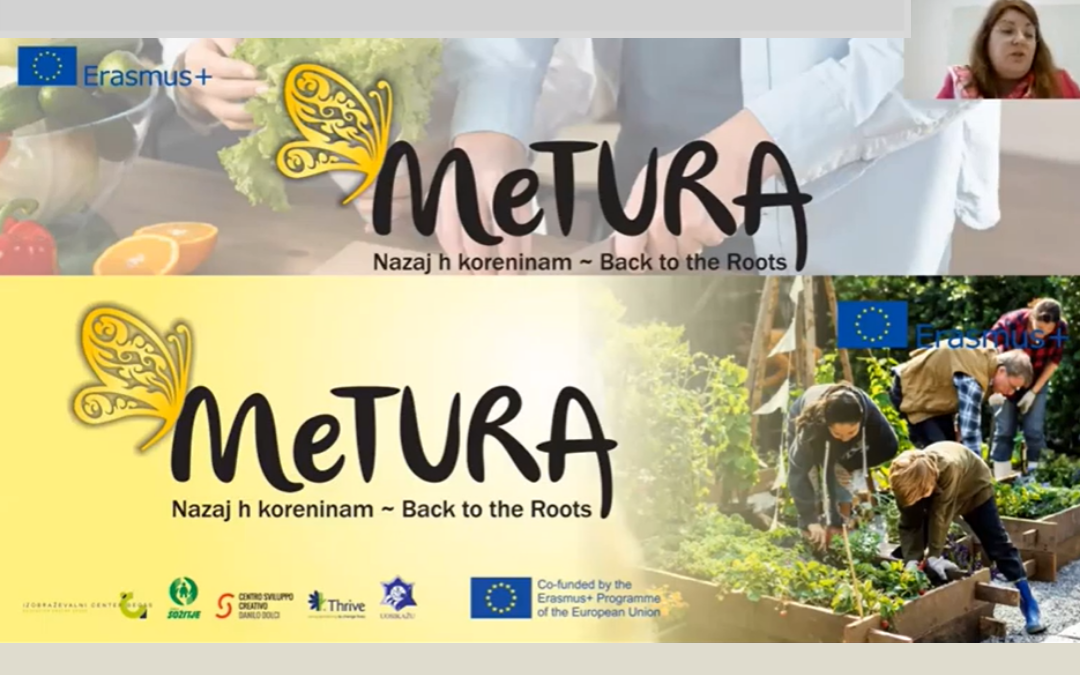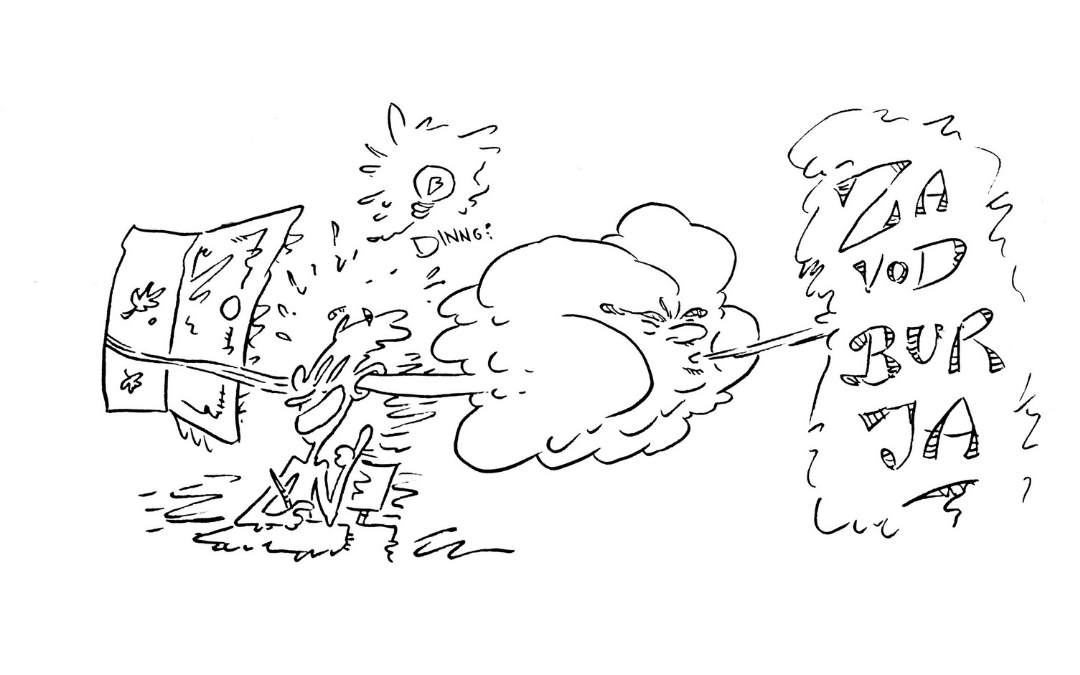We wish that the visit of the EPALE platform becomes your morning ritual every working day, similar to breakfast, which is the first meal of the day. That is why we carry out the Breakfast with EPALE event several times a year. We present our offer to help our community grow and prosper. In recent years, we have held these events with the EPALE community online, but they have been no less exciting.
This year’s first Breakfast with EPALE was organised in the light of preparations for applications within the Erasmus+ 2022 Programme. Deadlines for submitting applications are already knocking on the door. Therefore, we presented the EPALE platform as a tool that can help find project partners and host organisations and a tool where we can present our organisation, its activities and good practices free-of-charge. To offer practical advice on project applications, we presented four horizontal priorities of the Erasmus+ Programme and valuable materials prepared for applicants and contractors at the CMEPIUS National Agency. All projects must address at least one of the main priorities: inclusive Erasmus+, digital Erasmus+, green Erasmus+ and active citizenship Erasmus+.
Although these are the priorities of the new Erasmus+ Programme for the period from 2021 to 2027, these contents were already addressed by projects from the previous Programme. First, we got to know more closely the priority of inclusive Erasmus+, which is about inclusion and diversity. We learned about the project MeTURA – Back to the Roots, therapeutic family gardening and therapeutic family cooking for the independent life of adult family members with intellectual disabilities, presented by Sandra Katić from the Education Centre Geoss. In the partnership project, they developed a new offer of lifelong learning activities for people with intellectual disabilities and their families in the home environment.
The Trebnje AEC project entitled Digital storytelling was presented by Sabina Tori Selan. This project is also very inclusive in terms of its content and target group, as it includes people with intellectual disabilities. At this event, the project was presented in the light of the digital Erasmus+ priority. They developed a method that trained people with intellectual disabilities to create digital stories as part of the project. We were also able to listen to one such story.
Then we turned green and went to the other end of Slovenia, to Ormož, where librarians of green future are emerging. Ormož is home to one of the four greenest libraries in the world, the Franc Ksaver Meško Ormož Library. Marijana Korotaj shared with us the path of their library through several different Erasmus+ projects, in which they have been participating almost every year since 2016 and are becoming greener, more sustainable and environmentally friendly. She offered many ideas on how to keep the environment in mind at every stage of the project.
We ended the event with an example of a project that addresses active citizenship or active participation in democratic life. The Institute Burja aims to “empower vulnerable social groups in Slovenia and the wider region; to develop educational, cultural and artistic programmes and other activities that strengthen a responsible, tolerant and creative society.” Admir Baltić presented the operation of the institute and numerous activities that encourage members of minorities to participate in society actively and change their beliefs and values. With the help of Erasmus+ projects, their professionals and adult learners acquire knowledge and competencies to strengthen their active participation in democratic life; one of such projects is the project New Perspectives of Knowledge.
If you missed the event or were unable to join us, you can watch the recording.
Špela Močilnikar (spela.mocilnikar@cmepius.si), CMEPIUS




